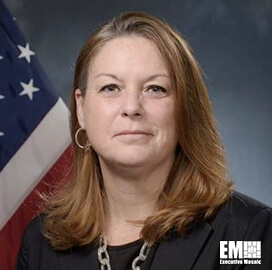Chuck Brooks, a highly esteemed cybersecurity leader as well as an influential member of Executive Mosaic’s GovCon Expert program, recently published a feature exploring the impact that cyberattacks are having on the healthcare industry, especially following the recent attack on Britain’s National Health Service (NHS) 111 service.
In his most recent feature article with Cyber Theory, GovCon Expert Chuck Brooks shared that more than 45 million people who were affected by healthcare attacks as well as 93 percent of healthcare organizations have experienced a data breach in the last three years.
Here’s an excerpt from the feature from GovCon Expert Chuck Brooks.
“The criminal hacker focus on healthcare is not surprising,” Brooks explained. “As medical care becomes more networked and interconnected via computers and devices, the digital landscape of health administrators, hospitals and patients, has become increasingly vulnerable.”
He emphasized that from a security perspective, the cybersecurity healthcare landscape has many facets to protect and revealed that technology, process and people are the cornerstones of the healthcare industry as it works to adapt and transform with the influence of cybersecurity.
In addition, Chuck Brooks also discussed the importance of healthcare records and how they’ve been specifically targeted by hackers. Brooks provided a breakdown of the recent compliance and security protocols such as HIPAA or Electronic Health Records (HER) to protect the confidentiality and availability of electronically protected health information.
During the feature, Brooks also highlighted the first step for healthcare organizations is to protect sensitive data by conducting regular security assessments and penetration tests, which also help to mitigate IT misconfigurations and bot threats and identify potential insider threats.
“What it really comes down to is that healthcare is a vital function for our well-being and mortality and is indispensable to both people and the economy,” he detailed. “Investments toward bolstering cybersecurity of all these health-related institutions under potential cyberattacks need to be considered urgent and increased significantly as we are all directly and indirectly at risk.”
You can read all the content from GovCon Expert Chuck Brooks through Executive Mosaic on GovCon Wire.com







